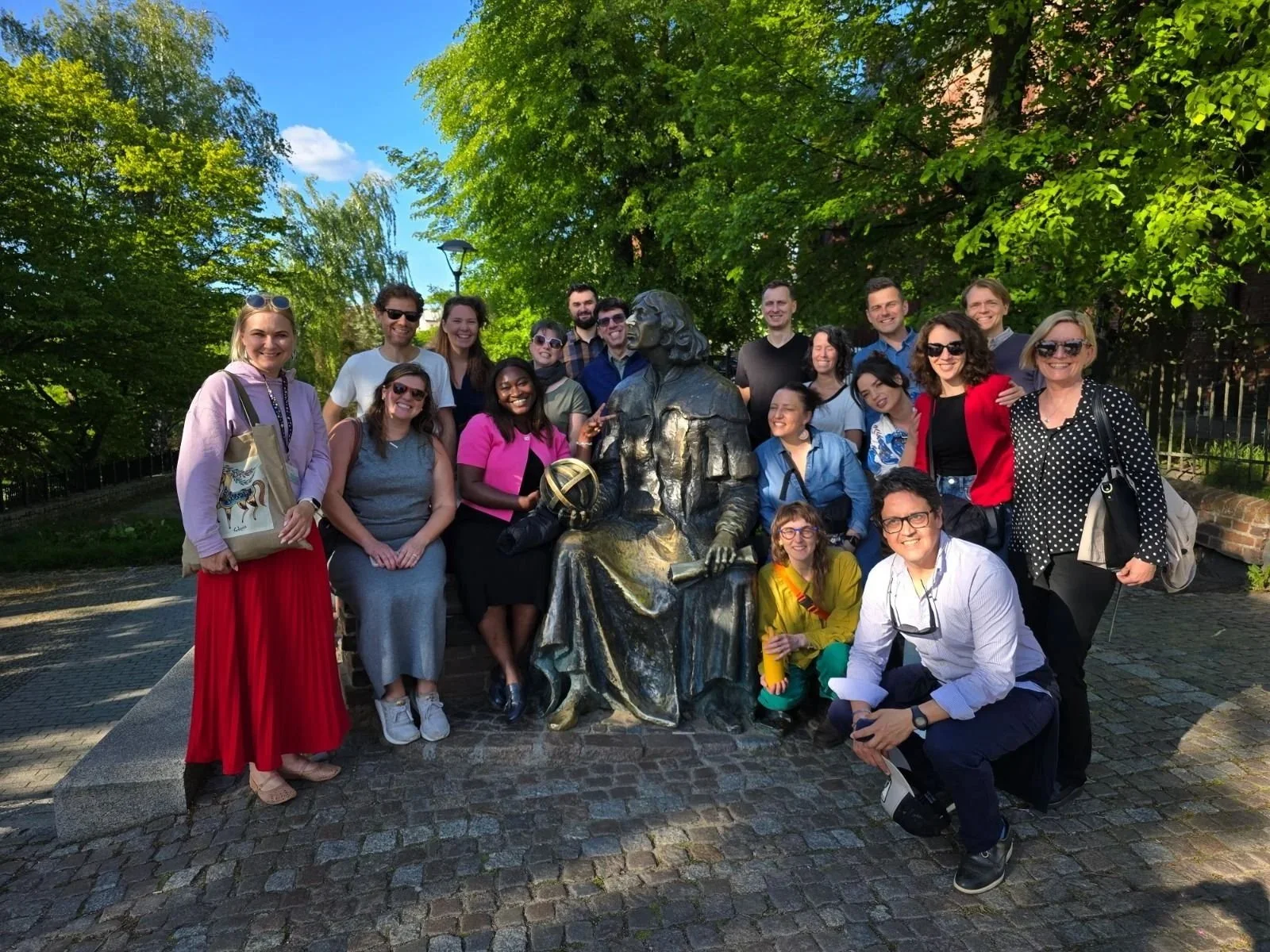We spoke to our portfolio managers and entrepreneurs in the region to uncover the lessons learned and insights gained from three years of close-up acceleration and collaboration in the region catalyzing wide-ranging, innovative business models and supporting the financial independence and stability of people from diverse backgrounds.
Photo Essay: Liudmyla and Anatolii's Story
The war in Ukraine enters its third year
This past February marks two years since Russia invaded Ukraine in 2022.
As of February 2024, an estimated 3.7 million people are still displaced within Ukraine’s borders, and 6.5 million refugees are in countries such as Poland and Romania. The reality is, although it has been two years since the crisis began, millions of refugees in the region still need support to find dignified work that allows them to feed their families.








